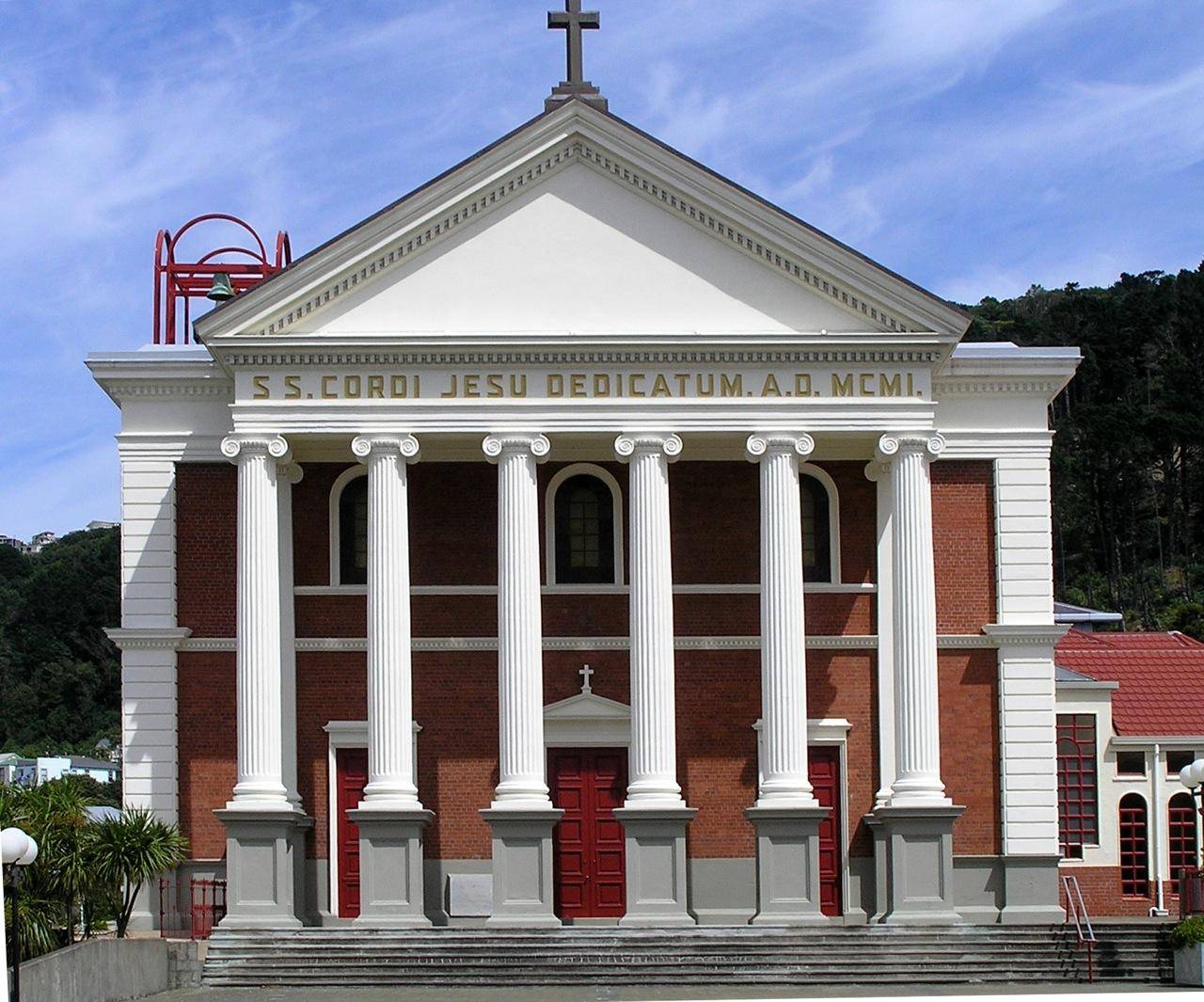ROME – One of the Catholic Church’s leading experts in the field of child protection has acknowledged that the decision of Australia’s top court to acquit Cardinal George Pell of child abuse might make it harder for victims to come forward, stressing that while justice must be respected, survivors should also be supported and believed.
“While, of course, some may be upset with this turn out, while others not, it is fair to say that the Australian High Court followed proper procedures and upheld Cardinal Pell’s right to due process. His guilt could not be proven beyond a reasonable doubt,” German Jesuit Father Hans Zollner told Crux.
Head of the Pontifical Gregorian University’s Centre for Child Protection and a member of the Pontifical Commission for the Protection of Minors, Zoller noted that Pell’s release “may cause victims who have not yet come forward to feel that they will not be believed when giving their testimonies.”
“We, both as a society and a church, must continue to support victims, listen to their stories, and find ways to practice restorative justice,” he said.
On April 7 the Australian High Court announced its unanimous decision to acquit Pell of charges of child sexual abuse, reversing the guilty conviction of a jury trial in December 2018, resulting in a 6-year prison sentence. His initial appeal to the Supreme Court of Victoria was rejected last August.
RELATED: Pell acquitted of abuse charges and will be released from Australian prison
In the wake of the High Court’s announcement, many who doubted the plausibility of the allegations applauded the court’s commitment to pursuing justice, while others, particularly survivors of clerical sexual abuse, argued that this was another instance of the Catholic Church coming out on top and potentially making it harder for survivors of abuse to come forward in the future.
In a statement on the acquittal, the Ending Clergy Abuse (ECA) survivor advocacy group said “survivors around the world today are reacting with dismay and confusion over the Australian High Court’s reversal of the conviction of Cardinal George Pell for child sexual assault.”
“How the court could know that the jury did not properly consider all the evidence in their deliberations is utterly mystifying and could send a chilling message to child abuse victims not to come forward because they will never receive justice even with a guilty verdict,” they said, insisting that both survivors and legal officials, “must work together to assure that this will not be the result of this decision.”
They urged Pope Francis to launch a canonical investigation into Pell. “He must fully and transparently investigate the totality of allegations and evidence to determine if he should remain a Cardinal or a priest,” ECA said, insisting that Pell’s record and conduct are the pope’s responsibility.
Other survivor groups have also pushed the Vatican to move forward with its own canonical into Pell, including the Survivors Network of Those Abuse by Priests, who said that, “it would self-serving and hypocritical” if they do not.
RELATED: Vatican welcomes Pell verdict, affirms anti-abuse resolve as survivors protest
However, Indian Cardinal Oswald Gracias, who served alongside Pell as part of the pope’s Council of Cardinal Advisors until Pell returned to Australia to face charges in 2018, stressed that “zero tolerance does not mean that injustice can be done – an innocent person can be condemned.”
Gracias is one of Pope Francis’s point men on clerical sexual abuse, helping the Vatican global summit on the protection of minors in February 2019, and serving on a task force named two months ago to help dioceses establish and revise their safeguarding guidelines.
“Whenever there is a doubt, we cannot be blind to the doubt, I agree that we must come to a moral certainty (as to) whether the person is guilty or not guilty,” he told Crux. “The principles of natural justice should always be observed.”
The cardinal said he does not believe that the acquittal will stop other victims from coming forward, because in Pell’s case, it “was a question of justice, was the evidence there or not. Every accusation must be investigated and examined by an impartial body of both Civil and Ecclesial tribunals and come to a moral certainty of the truth.”
He said the concept of “moral certainty” – that which is required to come to a guilty verdict in a court case – “is like a pendulum which swings one way or the other.”
“Zero tolerance is a principle that remains, and the principle of natural justice also remains: And the whole question of moral certainty [in canon law] remains,” Gracias said.
Though it is widely expected that the Vatican will eventually toss Pell’s case given his civil acquittal, Vatican spokesman Matteo Bruni told Crux that “the Congregation for the Doctrine of Faith, together with the other competent offices of the Holy See, will now of course draw its conclusions on the basis of the norms of canon law.”
RELATED: Why the Vatican might want to send a thank-you note to Australia’s High Court
In their statement, ECA noted that survivors of clerical abuse “have made enormous and historic strides over the past decades breaking down barriers to justice not only for clergy abuse victims but for sexual abuse victims everywhere.”
“After this verdict,” they said, “this effort is needed more than ever, because the safety of so many children depends upon it.”
Speaking of the difficulty in determining whether an accusation of sexual abuse is credible while also attempting to listen to and believe the alleged victim, Zollner said “This tension is always there when it comes to cases in which evidence and proof are very difficult to attain.”
In every case, “society and the Church must follow the Rule of Law, while at the same time, finding a way to attend to victims’ needs,” he said.
Zollner did not say whether he believes the verdict will set the Catholic Church back in terms of public perception of its commitment to tackling clerical abuse, however, quoting an article written by Jesuit Father Frank Brennan, a known theological opponent of Pell who defended his innocence, he said, “Those who neither canonize nor despise Pell should be grateful the High Court has delivered justice according to law.”
“We can say that, yes, the Australian High Court did its part to see that justice be done in this case,” Zollner said, stressing that regardless of the verdict, in the Church, “Safeguarding measures have continued and will continue.”
“This is part of the mission of the Church, and when it is done in a coherent and consistent way, people will trust again,” he said.
Crux’s Asia Correspondent Nirmala Carvalho contributed to this report.
Follow Elise Ann Allen on Twitter: @eliseannallen















